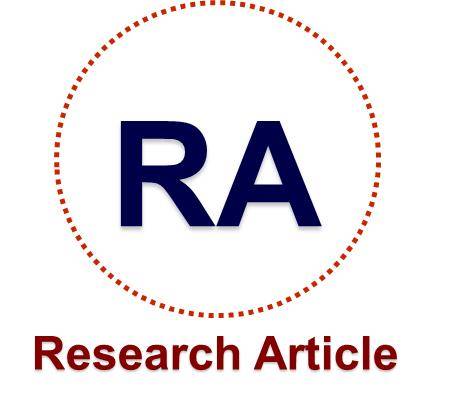Detection of adulteration of goat milk sold in the Turkish market by real-time Polymerase Chain reaction
Authors: Rabia M. Tuncay
Ger. J. Vet. Res
2023.
vol. 3, Iss. 1
pp:18-23
Doi: https://doi.org/10.51585/gjvr.2023.1.0048

Abstract:
Detection of milk adulteration is important to maintaining the quality of milk and milk products regarding pricing and consumer protection. Thus, in the current study, we investigated the adulteration of goat milk sold in the market and labeled it as “100% Goat Milk” with cows and sheep milk by real-Time PCR reaction (RT-PCR). This study is the first investigation on goat milk in Turkey and has particular importance as it was carried out using TaqMan probe RT-PCR. In total, 60 milk samples sold in the market and labeled as “100% Goat Milk” were collected from 12 different provinces of Turkey. The RT-PCR TaqMan probe detected the adulteration of goat milk with cow and sheep milk. In the study, 18 (30%) samples were found to be compatible with the label. It was determined that 42 (70%) samples did not comply with the “100% Goat Milk” statement on the label. It was determined that 6 (10%) of the samples contained only sheep milk, 18 (30%) contained only cow milk, another 6 (10%) contained goat and cow milk, 12 (20%) contained sheep and cow milk, and 36 (60%) did not contain any goat milk. The results of this study revealed high levels of adulteration in goat milk products. Therefore, careful continuous monitoring of these products’ production and sales is necessary regarding deception of consumers and public health.
Keywords:
Adulteration, Goat milk, Cow milk, Sheep milk, RT-PCR
Statistics:
Article Views: 1650
PDF Download: 46